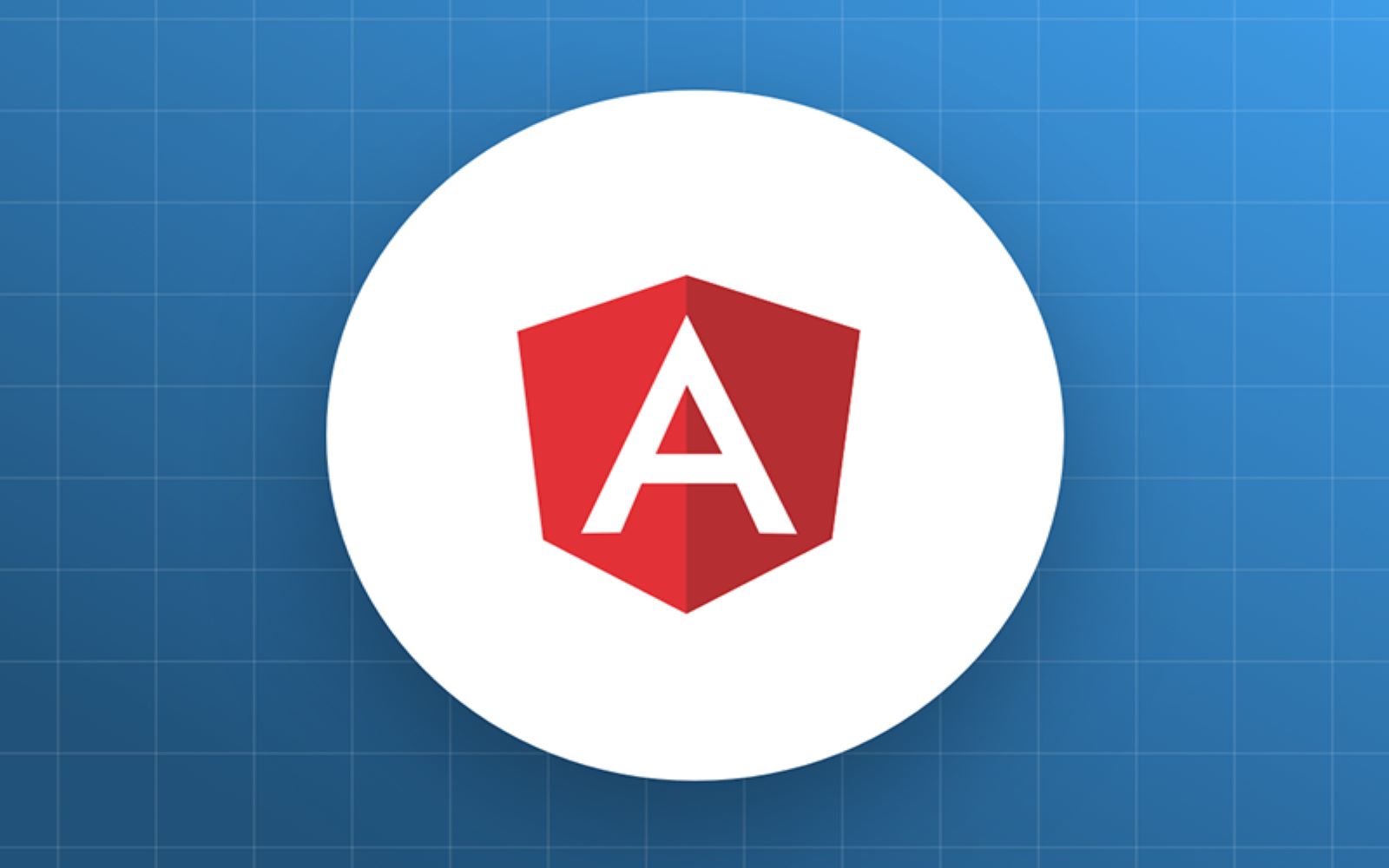AngularJS is an open-source web application framework. It was originally developed in 2009 by MiskoHevery and Adam Abrons. It is now maintained by Google. Its latest version is 1.2.21.
Definition of AngularJS as put by its official documentation is as follows −
AngularJS is a structural framework for dynamic web applications. It lets you use HTML as your template language and lets you extend HTML's syntax to express your application components clearly and succinctly. Its data binding and dependency injection eliminate much of the code you currently have to write. And it all happens within the browser, making it an ideal partner with any server technology.

The general features of AngularJS are as follows:
AngularJS is a efficient framework that can create Rich Internet Applications (RIA).
AngularJS provides developers an options to write client side applications using JavaScript in a clean Model View Controller (MVC) way.
Applications written in AngularJS are cross-browser compliant. AngularJS automatically handles JavaScript code suitable for each browser.
AngularJS is open source, completely free, and used by thousands of developers around the world. It is licensed under the Apache license version 2.0.
It can be easily integrated with C, C++, COM, ActiveX, CORBA, and Java.
Overall, AngularJS is a framework to build large scale, high-performance, and easyto-maintain web applications.
The core features of AngularJS are as follows:
Data-binding
It is the automatic synchronization of data between model and view components.
Scope
These are objects that refer to the model. They act as a glue between controller and view.
Controller
These are JavaScript functions bound to a particular scope.
Services
AngularJS comes with several built-in services such as $http to make aXMLHttpRequests. These are singleton objects which are instantiated only once in app.
Filters
These select a subset of items from an array and returns a new array.
Deep Linking
Deep linking allows to encode the state of application in the URL so that it can be bookmarked. The application can then be restored from the URL to the same state.
Dependency Injection
AngularJS has a built-in dependency injection subsystem that helps the developer to create, understand, and test the applications easily.
The advantages of AngularJS are :
It provides the capability to create Single Page Application in a very clean and maintainable way.
It provides data binding capability to HTML. Thus, it gives user a rich and responsive experience.
AngularJS code is unit testable.
AngularJS uses dependency injection and make use of separation of concerns.
AngularJS provides reusable components.
With AngularJS, the developers can achieve more functionality with short code.
In AngularJS, views are pure html pages, and controllers written in JavaScript do the business processing.
On the top of everything, AngularJS applications can run on all major browsers and smart phones, including Android and iOS based phones/tablets.
Though AngularJS comes with a lot of merits, here are some points of concern:
Not Secure
Being JavaScript only framework, application written in AngularJS are not safe. Server side authentication and authorization is must to keep an application secure.
Not degradable
If the user of your application disables JavaScript, then nothing would be visible, except the basic page.
The AngularJS framework can be divided into three major parts:
ng-app
This directive defines and links an AngularJS application to HTML.
ng-model
This directive binds the values of AngularJS application data to HTML input controls.
ng-bind
This directive binds the AngularJS application data to HTML tags.